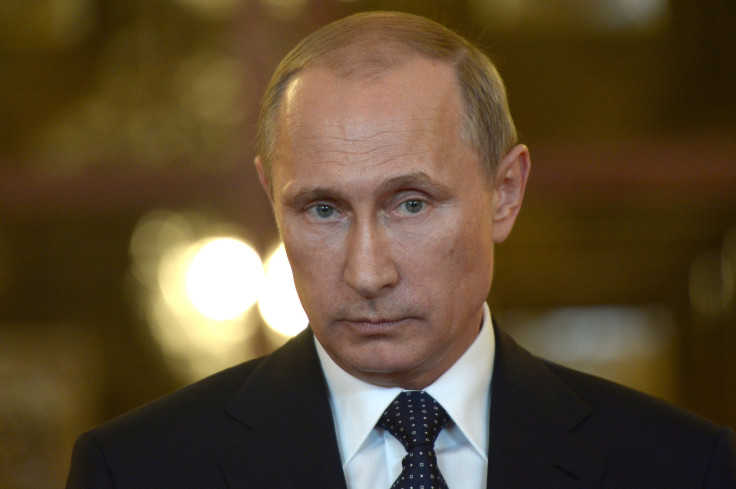Russia Seeking Permission To Fly Surveillance Plane With Advanced Digital Cameras Over US

Russia will seek permission on Monday to start flying surveillance planes equipped with advanced digital cameras over the United States, the Associated Press (AP) reported. The news comes as U.S. intelligence and military officials reportedly warned that such surveillance activities might help Moscow collect intelligence about the U.S.
A senior congressional staffer, who spoke on condition of anonymity, told AP that Russia plans to formally ask permission from the Open Skies Consultative Commission, based in Vienna, to be allowed to fly an aircraft equipped with high-tech sensors and digital cameras over the U.S. The request will later be reviewed by the Obama administration.
Russia and the U.S. are part of the Open Skies Treaty, which allows unarmed surveillance planes to fly over the entire territory of all 34 member nations to encourage transparency about military activity. However, senior intelligence and military officials in the U.S. are reportedly concerned that Russia was taking advantage of its advanced technology to violate the treaty.
"The treaty has become a critical component of Russia's intelligence collection capability directed at the United States," Adm. Cecil D. Haney, commander of the U.S. Strategic Command, wrote in a letter earlier this year to Rep. Mike Rogers, R-Ala., chairman of a House subcommittee on strategic forces, according to AP.
"In addition to overflying military installations, Russian Open Skies flights can overfly and collect on Department of Defense and national security or national critical infrastructure," Haney reportedly said. "The vulnerability exposed by exploitation of this data and costs of mitigation are increasingly difficult to characterize."
According to the latest State Department compliance report, Russia was not meeting all its responsibilities under the treaty.
On Sunday, a State Department official reportedly said that member-nations of the Open Skies Treaty have not received any notification from Russia. The certification of Russian surveillance plane with a "digital electro-optical sensor" could take months as the treaty, which came into force in 2002, states that such activities require a 120-day advance notice, AP reported.
© Copyright IBTimes 2024. All rights reserved.





















